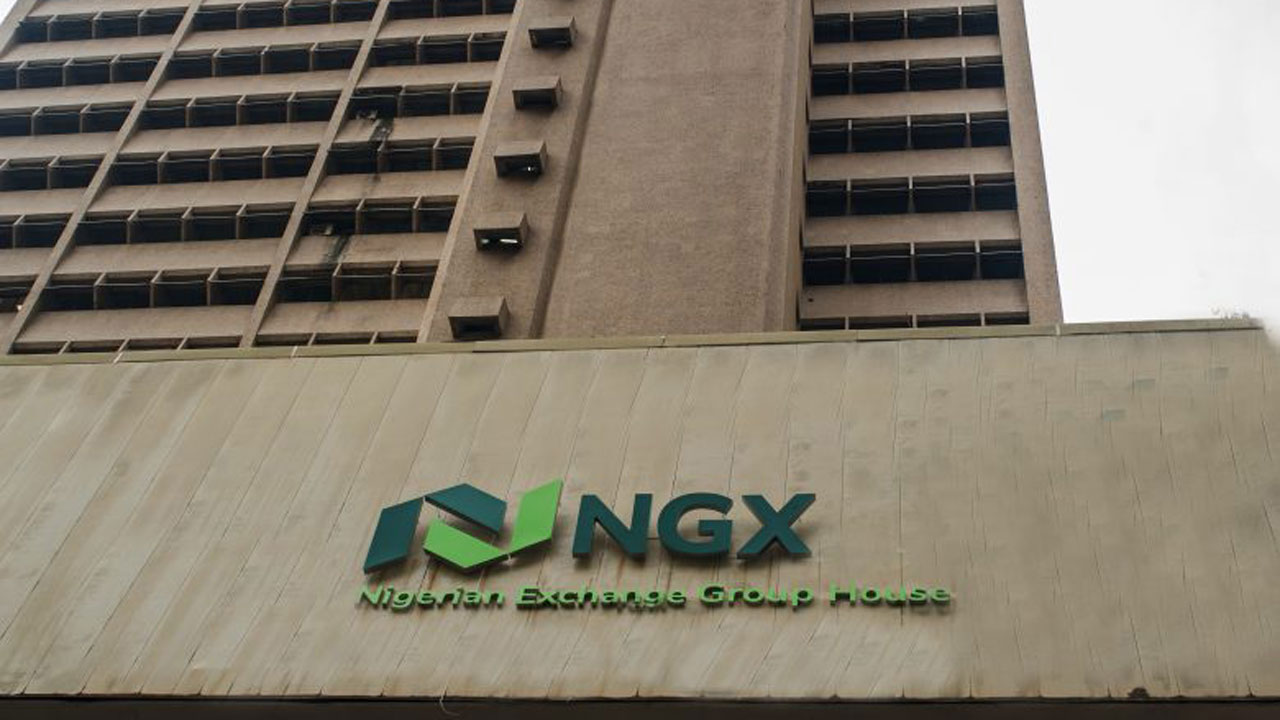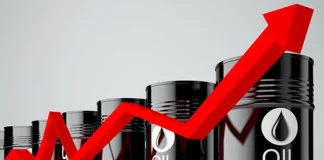Vice President Yemi Osinbajo yesterday disclosed that Foreign Direct Investment (FDI) inflow into Nigeria took a plunge of 56 per cent from $395 million in quarter one of 2015 to $175 million by the first quarter of 2016.
This was even as Foreign Portfolio Investment (FPI), through the capital market, declined by 85.5 per cent since the first quarter of 2015.
The slide in FDI and FPI was disclosed by the Vice President at the Presidential Policy Dialogue organised by the Lagos Chamber of Commerce and Industry (LCCI) in Lagos yesterday.
He explained that FPI, which averaged $621 million in Q1 of 2015, had declined to $90.3 million by Q1 of 2016 as inflation rose to 16.5 per cent.
He listed the challengings to include ‘‘Depreciation of the naira, increase in importation costs due to scarcity of forex. GDP declined from 6.3 per cent in 2014 to 2.15 per cent in 2015 and -0.36 per cent in Q1 2016,” he said.
Osinbajo said earnings from oil declined in the past eight months due to vandalism on pipelines and export assets in the Niger Delta while power output fell from 5,000MW in February to about 2,500MW recently on account of over 60 per cent loss in gas production due to pipeline vandalism.
After stating the problems with the economy, Osinbajo highlighted steps the government was taking to revive it.
According to him, some of the steps taken in this regard include priority attention given to assist states and local governments to pay salaries of workers, which were several months in arrears and the latest loan of N90 billion as part of a fiscal responsibility plan for states.
The Vice President equally said the Federal Government has already made capital releases of N332 billion, with another N100 billion set to be released in the next few days.
Reacting to the declining FDI and FPI, Director General, West African Institute for Financial and Economic Management (WAIFEM), Prof. Akpan Ekpo, said the news of declining FPI and FDI is not really shocking but premised on the fact that the country’s economy is in recession, adding that any economy in recession is expected to be confronted with such declining statistics.
He maintained that the country should worry less about depleting FPI because such investments are short termed and not reliable, especially for planning.
However, he said government should be more worried about the exit of FDI because those are the businesses that contribute to the growth of the Gross Domestic Product (GDP) through the establishment of factories, thus creating employment for the citizenry.
He equally said FDI helps a country to improve on technology because such investors come into the country with the latest technology available in the fields and in some cases transfer skill and knowledge to the locals working with them.
He said the country got into this economic mess as a result of high lending rate, lack of infrastructure and poor power supply. He faulted the recent decision of the Central Bank of Nigeria (CBN) to increase Monetary Policy Rate (MPR) from 12 per cent to 14 per cent, saying in other climes, interest rate is in single digit.
He said the high interest rate has made it practically impossible for local manufactures to compete with imported products because the cost of production and labour is far cheaper than what is obtainable in Nigeria.
‘‘With interest rates at 14 per cent, no domestic investor can borrow, invest and pay back. It is simply impossible to break even with interest rates at 14 per cent. Rather than the CBN reducing interest rates, it was increased.”
To reverse the trend, he said government must begin to introduce fiscal stimulus to get the economy back on track.
On his part, a don at the Bayero University, Kano, Prof. Badayi Sani, said the slides in FDI and FPI would have a negative effect on the growth of GDP.
According to him, the other implication is that it may also affect the unemployment statistics because more people will be out of job, adding that some of the effects of poor FDI will also affect manufacturing firms because some supply materials to FDI firms also supply items to some other firms.
On why FDI is on the decline, Sani said two reasons could be adduced to this – decay in infrastructure and power.
‘‘So, it is making the cost of production much higher. We have been complaining that the cost of doing business in Nigeria is very high. So that can aggravate the problem. The other reason the FDI is on the decline is because of the insecurity in Nigeria; the Niger Delta and the insurgency in the country may also affect the inflow of FDI.
Eighty per cent of FDI goes to the oil sector. So, only 20 per cent goes to the non-oil sector because of militancy and insurgency. So, FDI is really on the decline coupled with other problems earlier mentioned,’’ he said.
According to a development economist, Mr. Odilim Enwegbara, FDIs are not investing because of high cost of doing business, as a result of high infrastructure deficit and high interest rates, which ought to be falling rather than rising.
‘‘Another reason could be because there are not enough import tariffs to project goods made by local industries from those made overseas, which are taking advantage of both high cost of doing business in the country of import.
“Also, currency speculations leading to undue arbitrage and premature economic financialisation could signal to both Greenfield and Brownfield FDIs that they’re better off not directly investing in a foreign country since nothing stops them from exporting their finished goods to the country they’re avoiding investing directly in,’’ he said.










